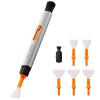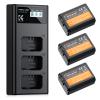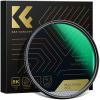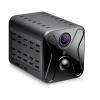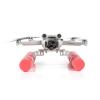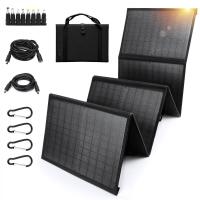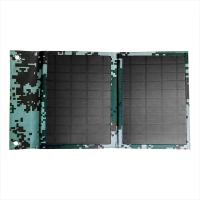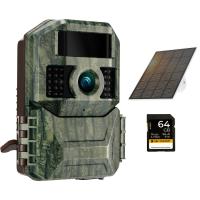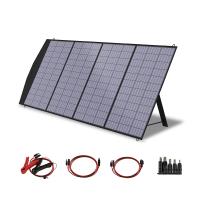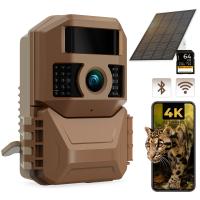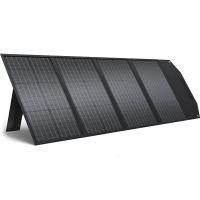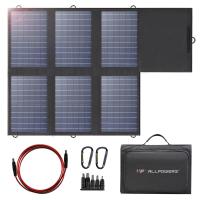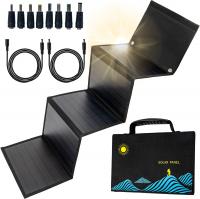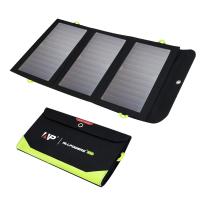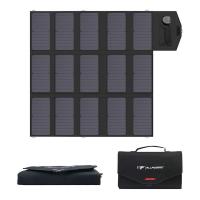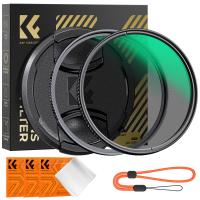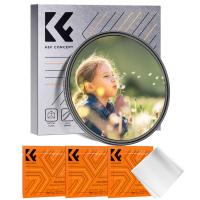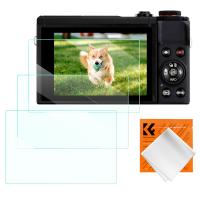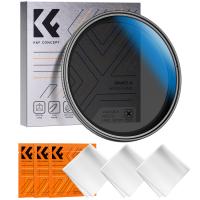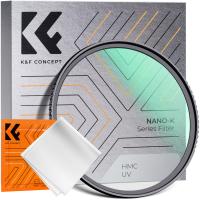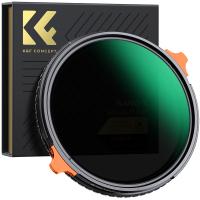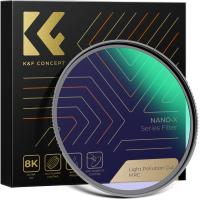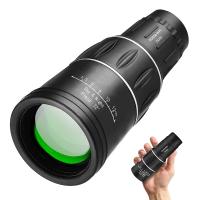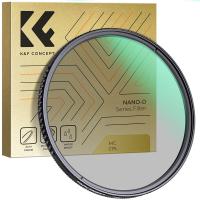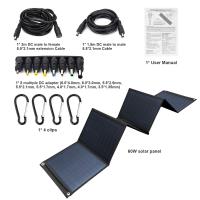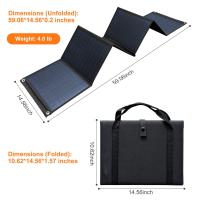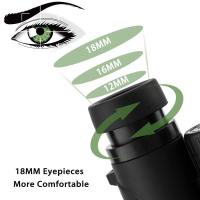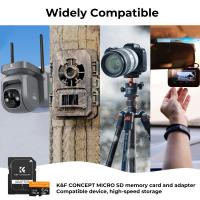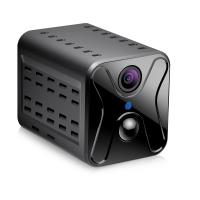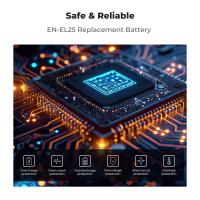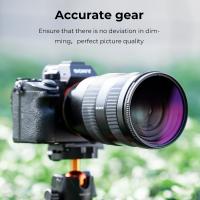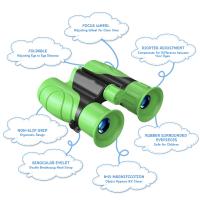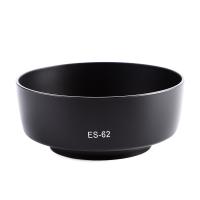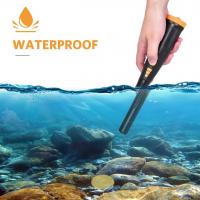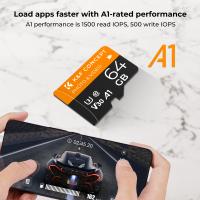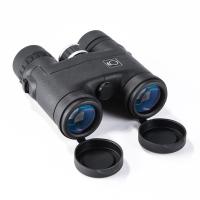Are Portable Solar Panels Waterproof?
In today’s world of evolving energy solutions and environmentally conscious innovations, portable solar panels have emerged as one of the most practical tools for adventurers, campers, and off-grid living enthusiasts. With their compact design, lightweight features, and ability to harness renewable solar energy, they have become a go-to option for powering small electronics and even larger appliances in remote settings. However, one pressing question often arises when considering their practicality and durability: are portable solar panels waterproof?
This question encapsulates a fundamental concern. Since portable solar panels are typically used outdoors where exposure to unpredictable weather is inevitable, their ability to withstand water, rain, and moisture is crucial to ensure their longevity and usability. Understandably, users want to avoid damaging their investment during an unexpected downpour or in humid environments. In this article, we will dive into the factors influencing the water resistance of portable solar panels, what to look for in a waterproof or water-resistant panel, and practical tips for maintaining their performance.
Are Portable Solar Panels Waterproof by Default?
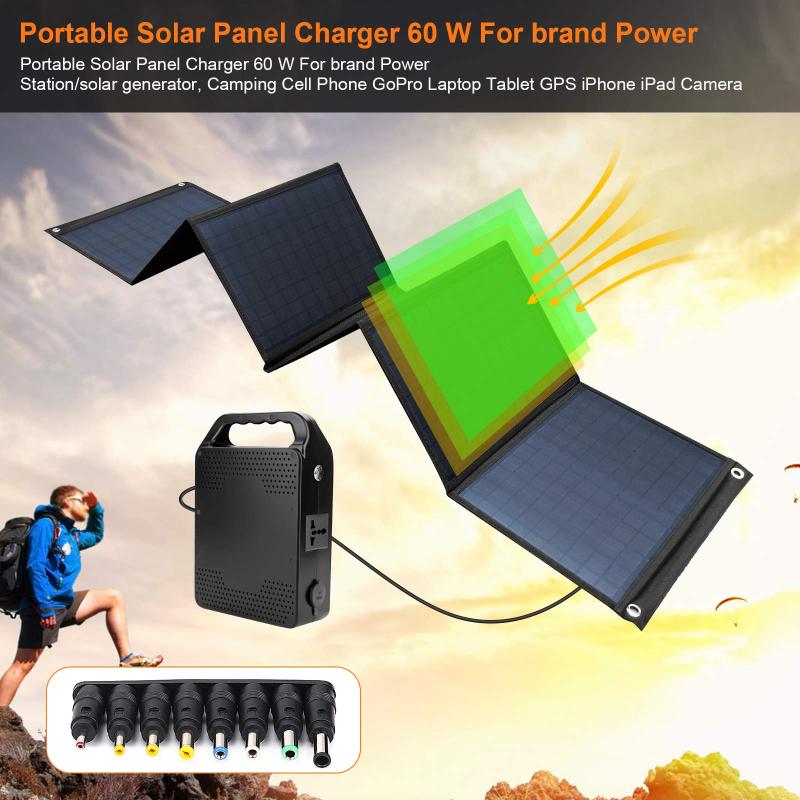
The short answer is: it depends. Not all portable solar panels are fully waterproof, though many are designed to be water-resistant to some degree. To understand this, we must differentiate between the terms “waterproof” and “water-resistant.”
- Waterproof: A truly waterproof portable solar panel can be submerged in water for a certain period without sustaining damage. Such designs are rare for solar panels, as they are primarily intended for use in environments where water contact is limited to surface exposure, such as rain or splashes.
- Water-resistant: Most portable solar panels on the market fall into this category. These panels are designed to endure light rain, splashes, or humid conditions, but they are not built to be submerged in water or exposed to excessive moisture for long durations.
Manufacturers incorporate weatherproof housing and protective coatings to make solar panels function in outdoor conditions. However, it's essential to note that not all portable solar panels are created equal—some are engineered to perform better in rainy or wet conditions than others.
Industry Standards for Water Resistance
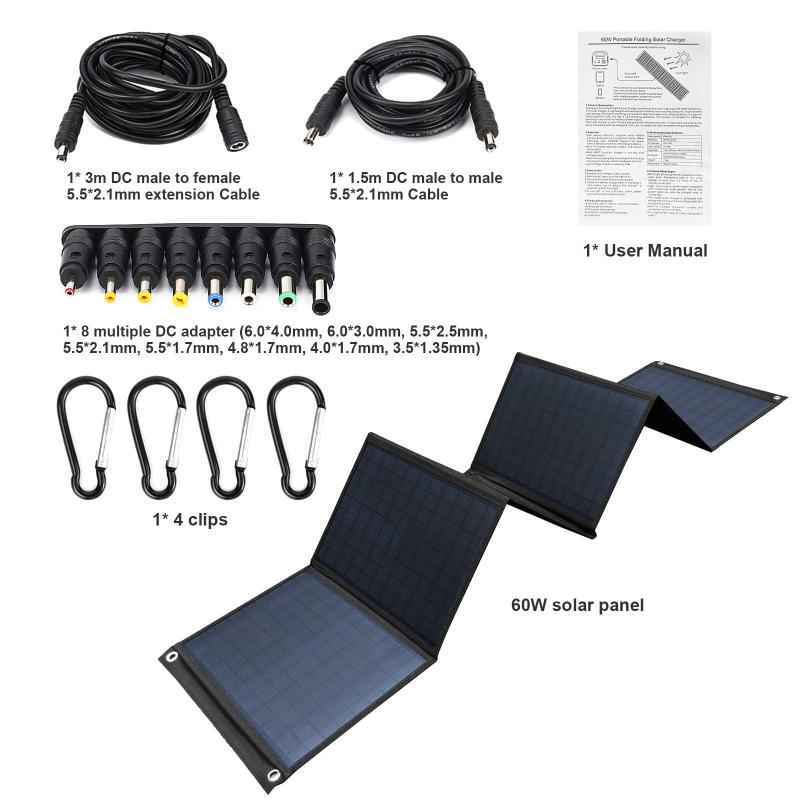
To determine whether a specific portable solar panel can withstand exposure to water, check its Ingress Protection (IP) rating. An IP rating is a standardized measurement of how well a product is protected against solid particles (like dust) and liquids (like water). The IP rating is usually expressed as “IP” followed by two numbers—e.g., IP65 or IP67.
The second digit in the IP rating relates to water resistance:
- IP65: Offers protection against water jets, meaning it can handle rain and splashes but not submersion.
- IP66: Can withstand more powerful water jets, making it suitable for heavy rain.
- IP67: Provides protection against temporary immersion in water (up to 1 meter for 30 minutes).
- IP68: Can be submerged in deeper water for extended periods.
Most waterproof or water-resistant portable solar panels come with IP65 to IP67 ratings, meaning they can handle rain and brief exposure to water but aren’t meant for extended immersion. If higher resistance is required for specialized scenarios, you’ll need to seek out products explicitly designed with IP68 or custom waterproof features.
Construction and Durability of Waterproof Portable Solar Panels
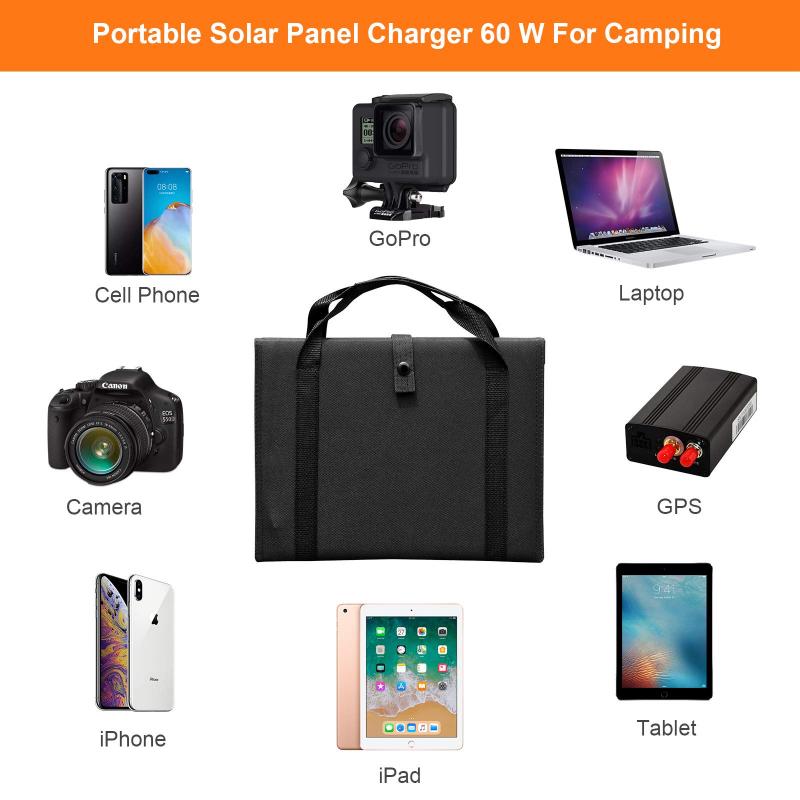
Water resistance in portable solar panels primarily relies on their construction and the materials used. Here are the common elements that enhance their water-resistant or waterproof capabilities:
1. Encapsulation: Most solar cells are encased in a weatherproof and durable material, such as tempered glass or high-quality plastic, to shield them from moisture and debris. This encapsulation is crucial for safeguarding the delicate solar components.
2. Sealed Junction Boxes: The junction box—where wiring connections take place—is often one of the most vulnerable areas in a solar panel. Waterproof panels feature sealed or watertight junction boxes to prevent water entry.
3. Protective Frames: Portable solar panels often employ lightweight yet sturdy aluminum frames, which add structural integrity and reduce the chance of water seeping into the inner layers.
4. Advanced Coatings: Some panels are coated with hydrophobic (water-repellent) materials, which allow water to roll off their surface rather than pooling or penetrating.
While manufacturers aim to make portable solar panels durable enough to withstand frequent outdoor use, improper handling or prolonged exposure to harsh conditions can compromise their water resistance.
When Do You Need a Waterproof Solar Panel?
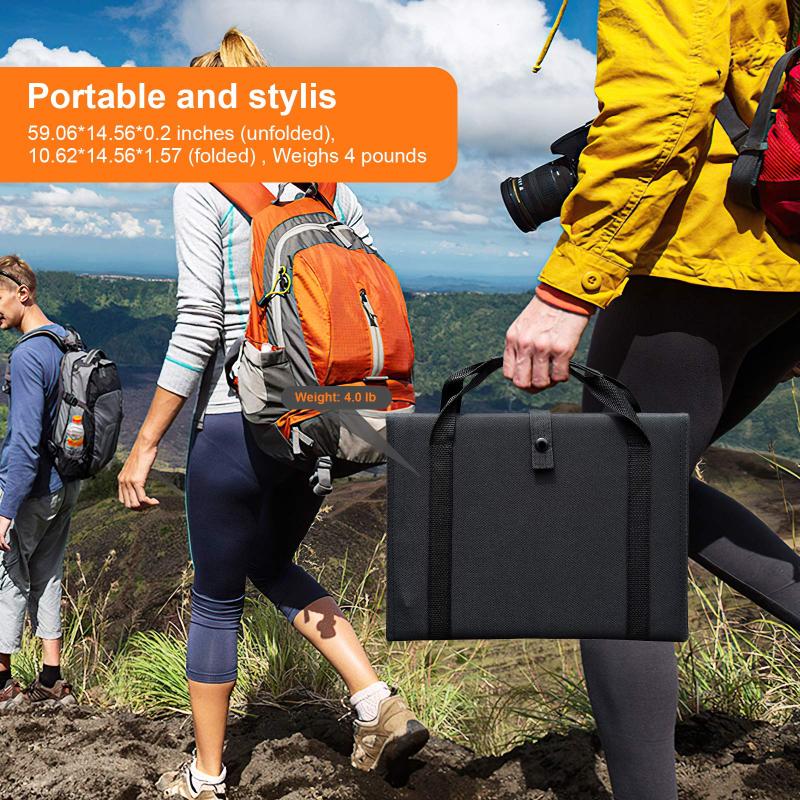
Determining whether you need a fully waterproof solar panel depends on your intended use and environmental factors. Here are some scenarios where waterproofing or high water resistance is critical:
- Camping and Hiking in Wet Conditions: For outdoor enthusiasts who frequently venture into areas with unpredictable weather, such as mountains or rainforests, water-resistant or waterproof solar panels are essential. Sudden downpours or damp conditions should not hinder the performance of the panel.
- Marine Environments: Boaters, sailors, and anglers often require waterproof panels due to constant exposure to saltwater spray, splashes, or even accidental submersion. A panel with IP67 or higher is ideal in these conditions.
- Remote Work in Rainy Seasons: If you rely on portable solar energy solutions for work purposes in off-grid locations, especially during rainy seasons, you must prioritize a panel with a dependable IP rating.
If your usage revolves around casual outdoor activities like picnics or brief camping trips in dry conditions, standard water resistance (e.g., IP65) may suffice.
Tips for Maintaining Portable Solar Panels in Wet Conditions
Even if your portable solar panel is designed to be water-resistant or waterproof, proper care and precautions can further enhance its durability and performance:
1. Inspect Before Use: Before each use, especially in wet conditions, inspect your solar panel for any signs of wear, such as cracked surfaces or damaged seals. Even small imperfections can allow water to enter and damage internal components.
2. Create a Protective Setup: If you're planning to use portable solar panels during heavy rain, try to position them under a tarp, awning, or tree canopy to minimize water exposure. While most panels can handle direct rain, adding an extra layer of protection never hurts.
3. Dry Thoroughly After Use: After exposure to water, dry your solar panel with a soft, clean cloth before storing it. This prevents moisture buildup in hard-to-reach areas that could lead to long-term damage.
4. Use Compatible Cables and Connectors: Ensure that all cables and connectors are outdoor-rated and properly sealed. Waterproof panels often come with water-resistant cables, but if replacements or extensions are needed, choose options consistent with the panel's IP rating.
5. Store Properly: When not in use, store your solar panel in a dry and safe location. Most portable panels are foldable and come with storage cases to protect them from dust and moisture.
Avoiding Common Missteps
Users sometimes make avoidable mistakes with portable solar panels, especially when assuming durability extends beyond design specifications. For example:
- Avoid completely submerging solar panels, even if they’re waterproof, unless expressly allowed by the manufacturer.
- Be cautious when cleaning panels to prevent damaging any sealants or protective films.
- Do not overload panels with excessive water weight; pooling water on certain areas of the panel could weaken its structure over time.
Conclusion: Making the Right Choice for Your Needs
Whether your portable solar panel needs to be waterproof depends entirely on your lifestyle and how you plan to use it. For recreational purposes in mild outdoor conditions, a water-resistant panel with an IP65 rating might be sufficient. However, for rugged environments, heavy rain, or water-intensive applications, investing in an IP67-rated waterproof option is a wise decision.
Before purchasing a portable solar panel, research the product's specifications carefully and read reviews to confirm its durability in wet conditions. Keep in mind that while waterproof and water-resistant panels may cost a bit more than standard options, the investment pays off by ensuring continuous operation and longer product lifespans in diverse environments. By maintaining them properly and using them according to their intended design, you can rely on your portable solar panels rain or shine.

